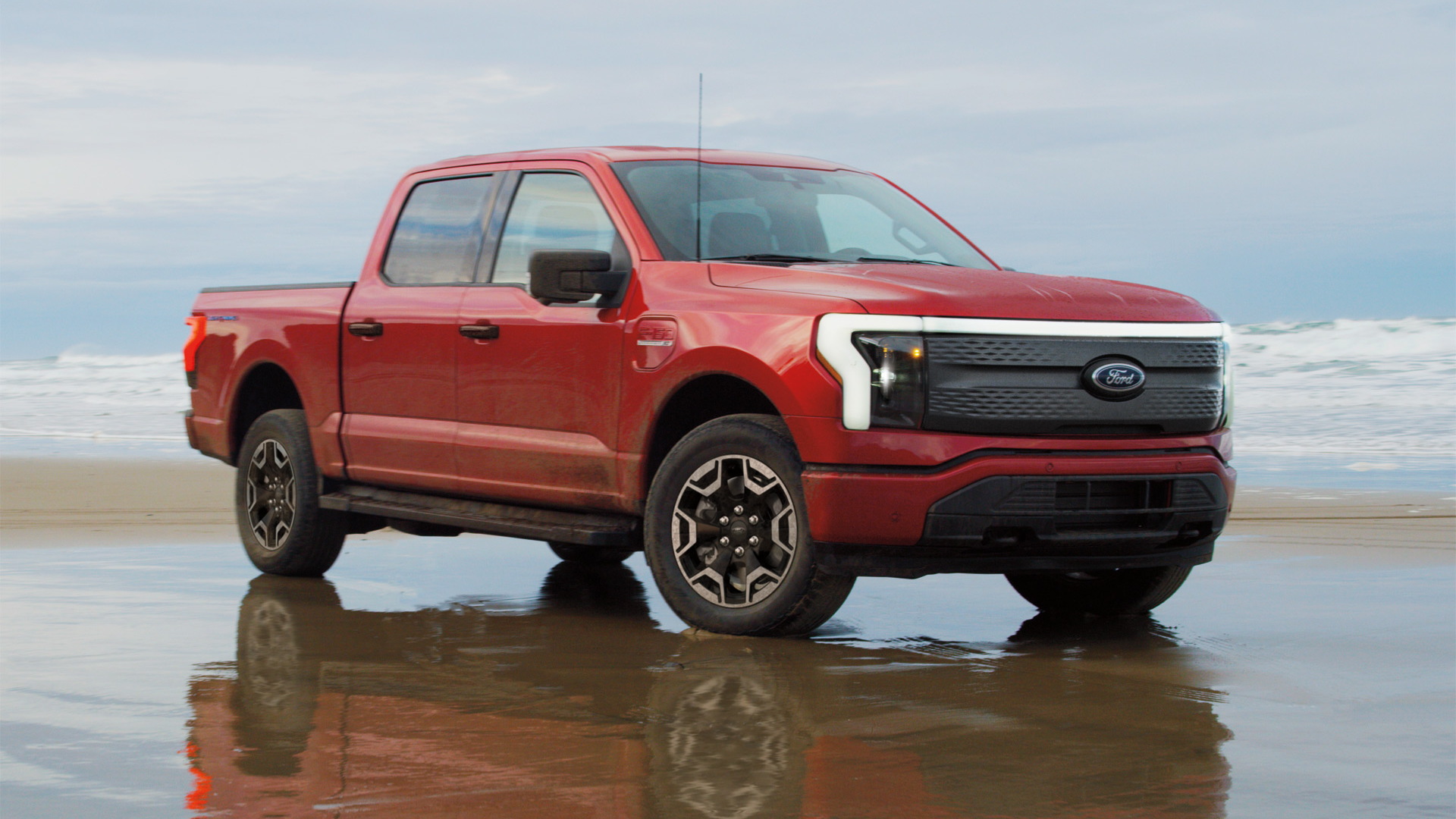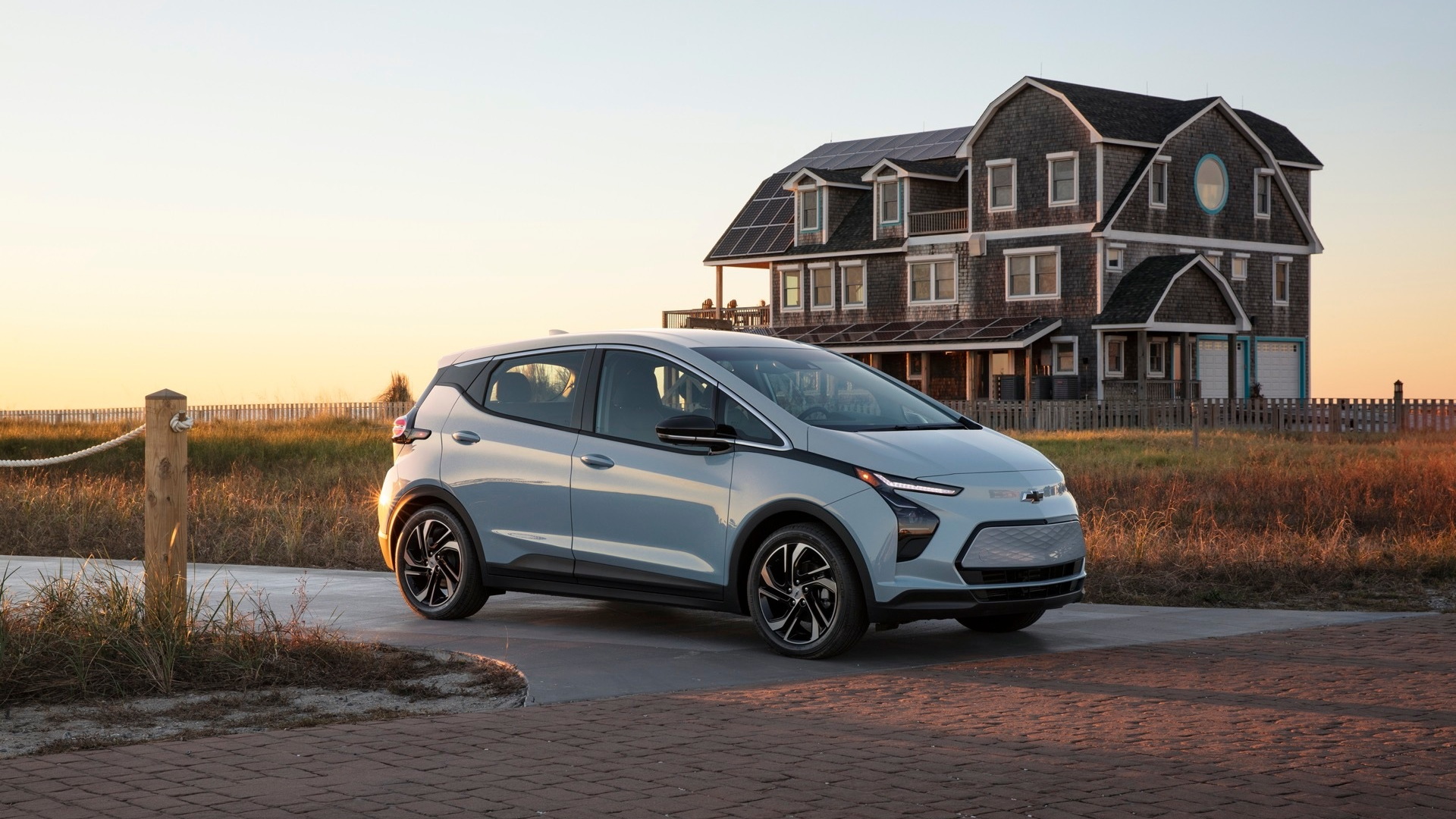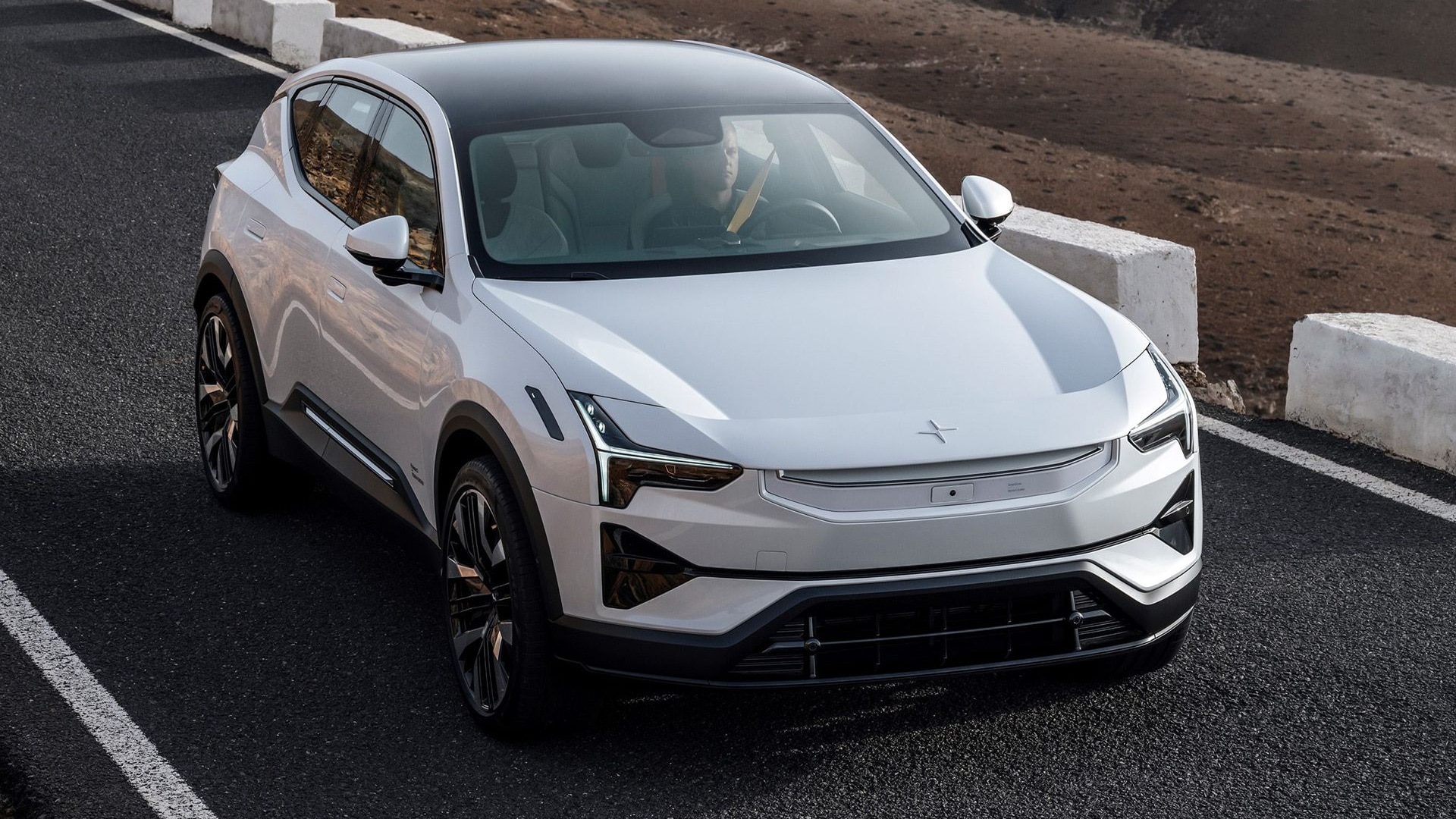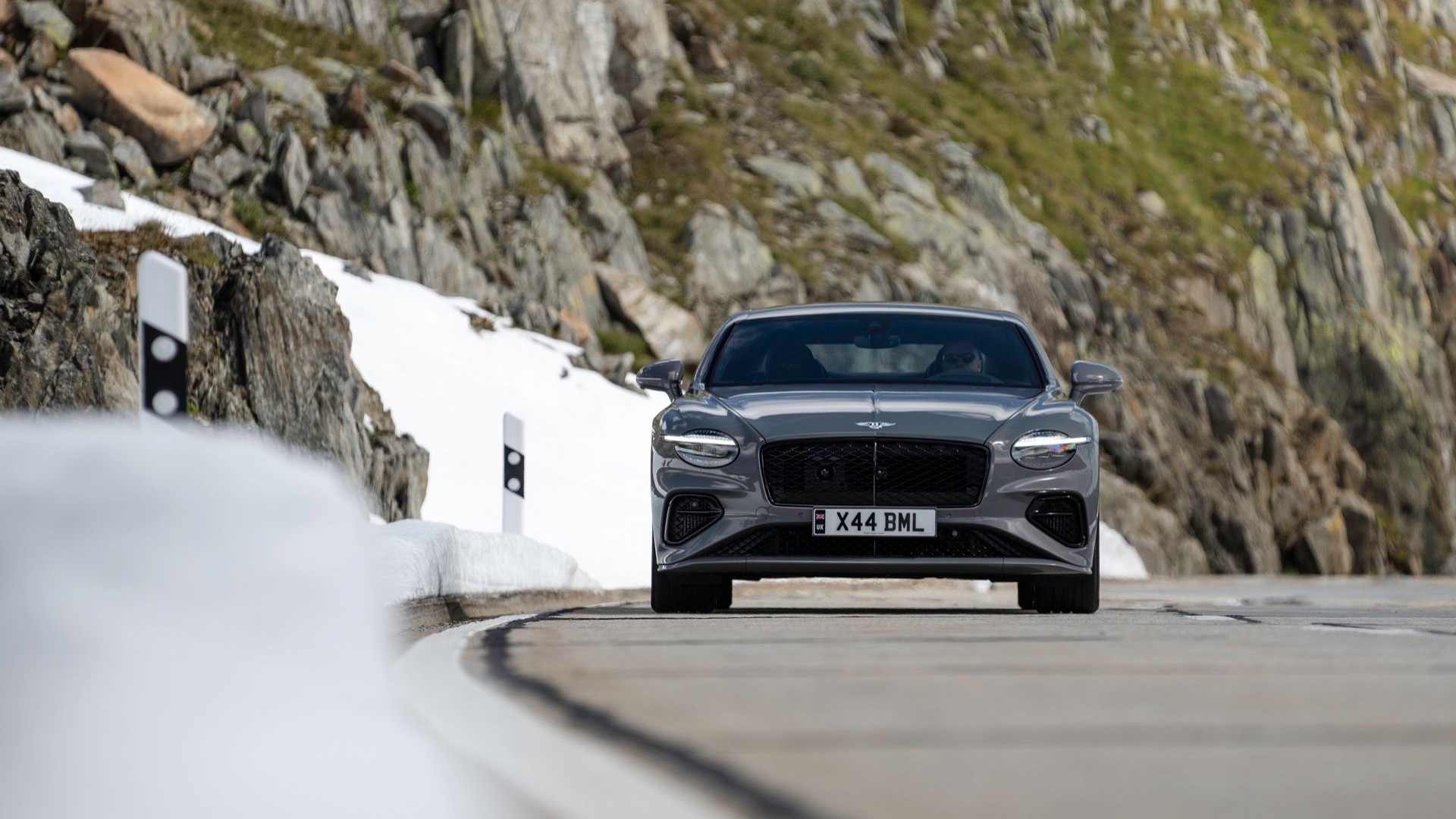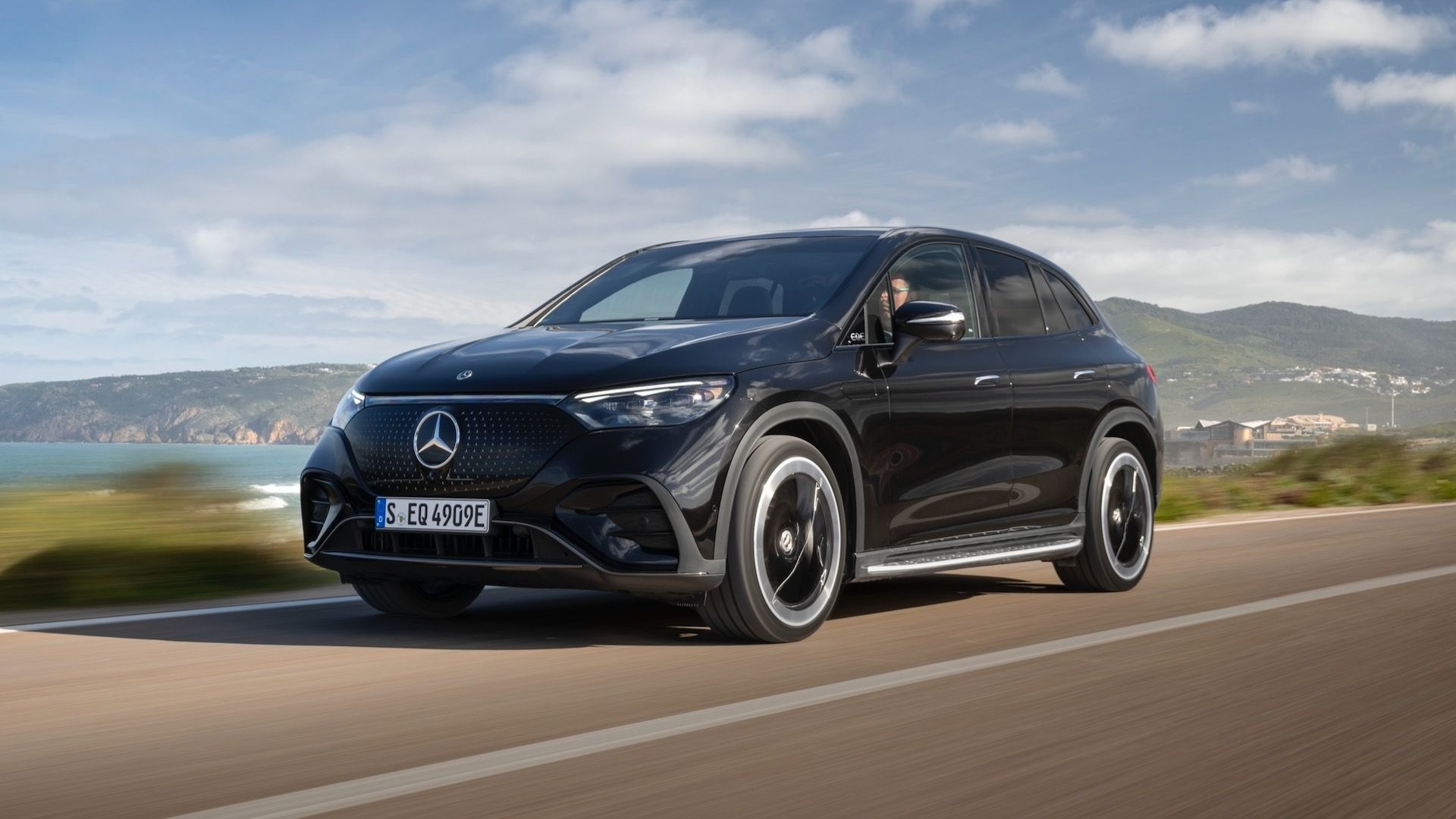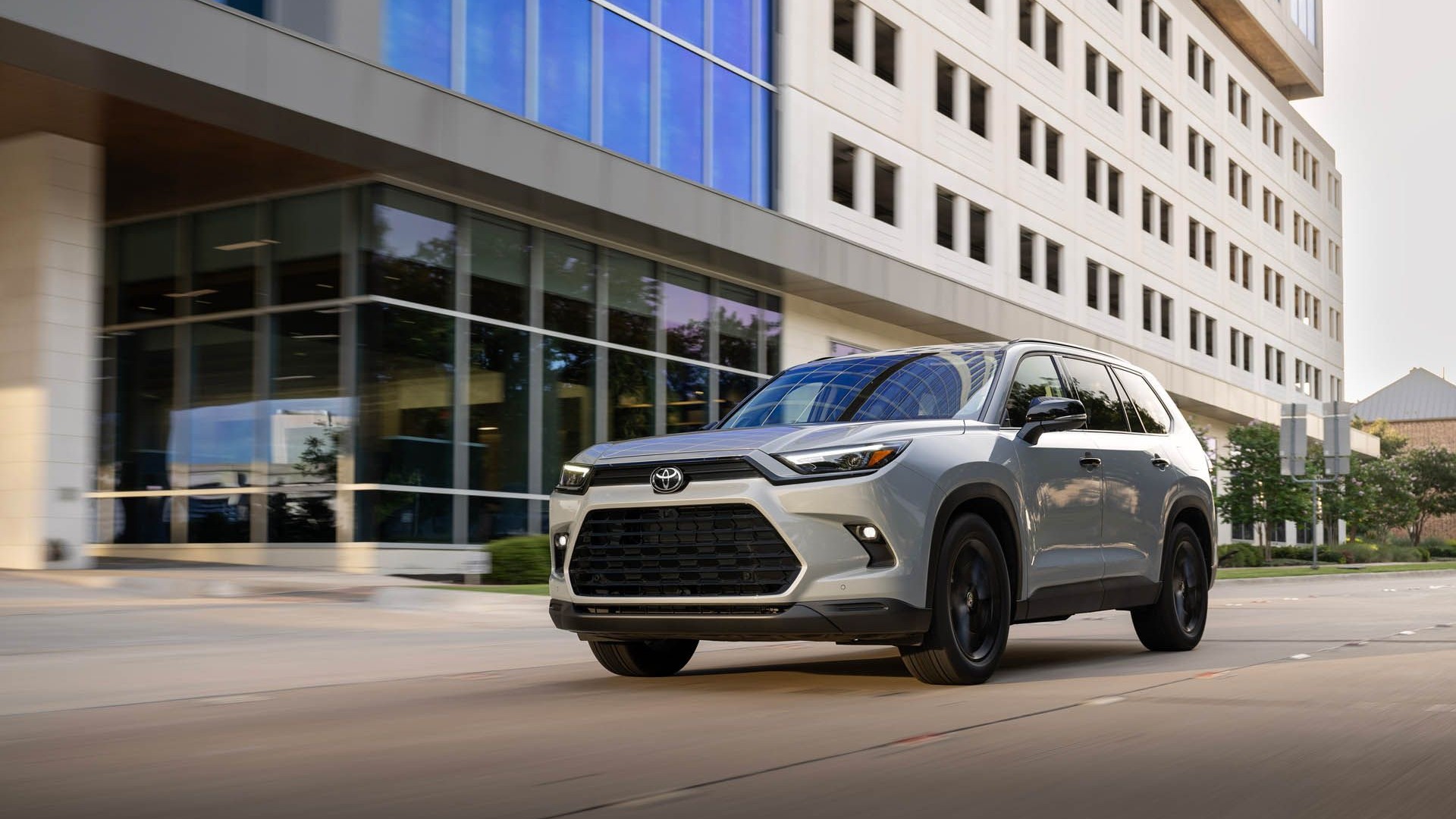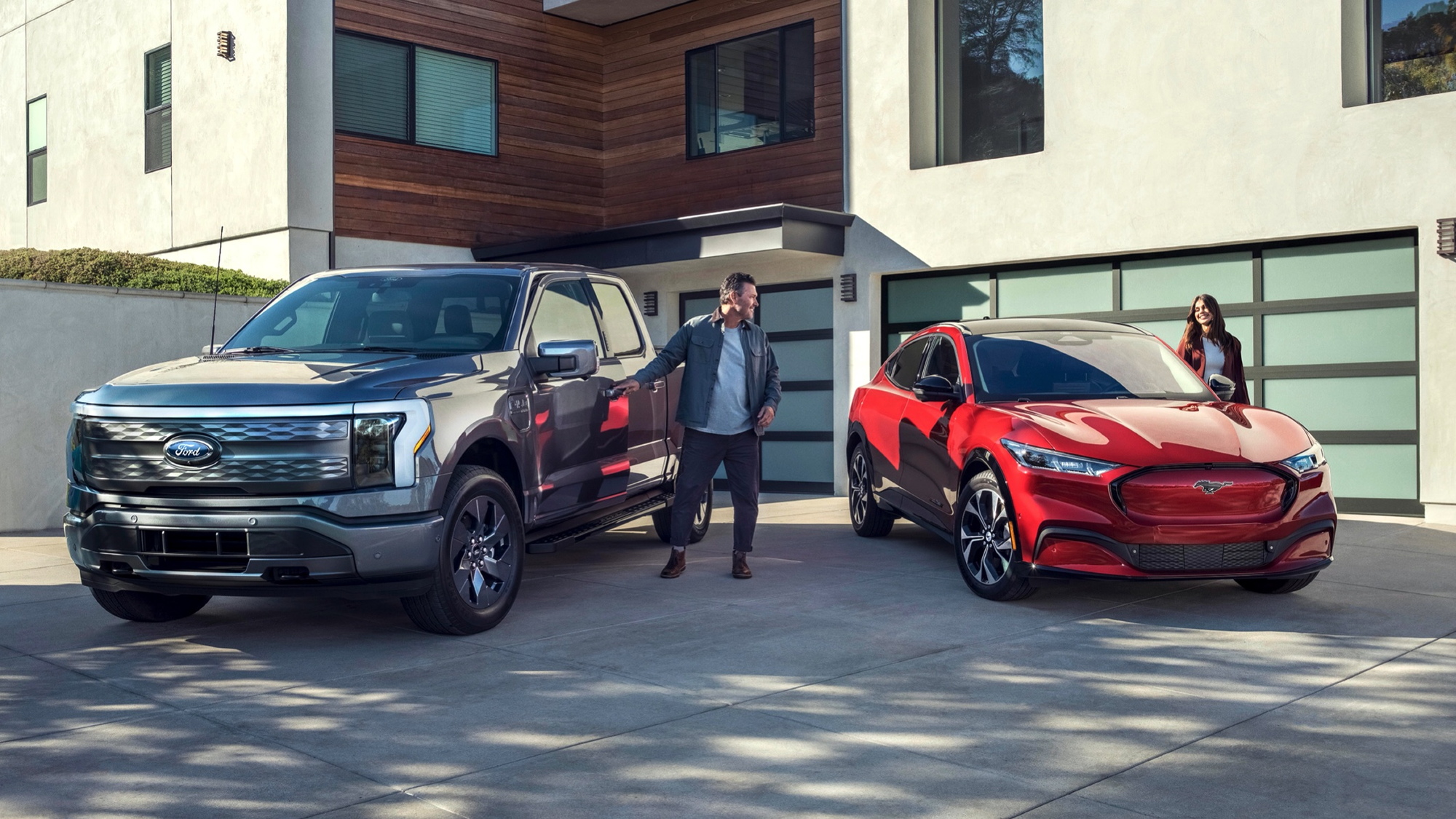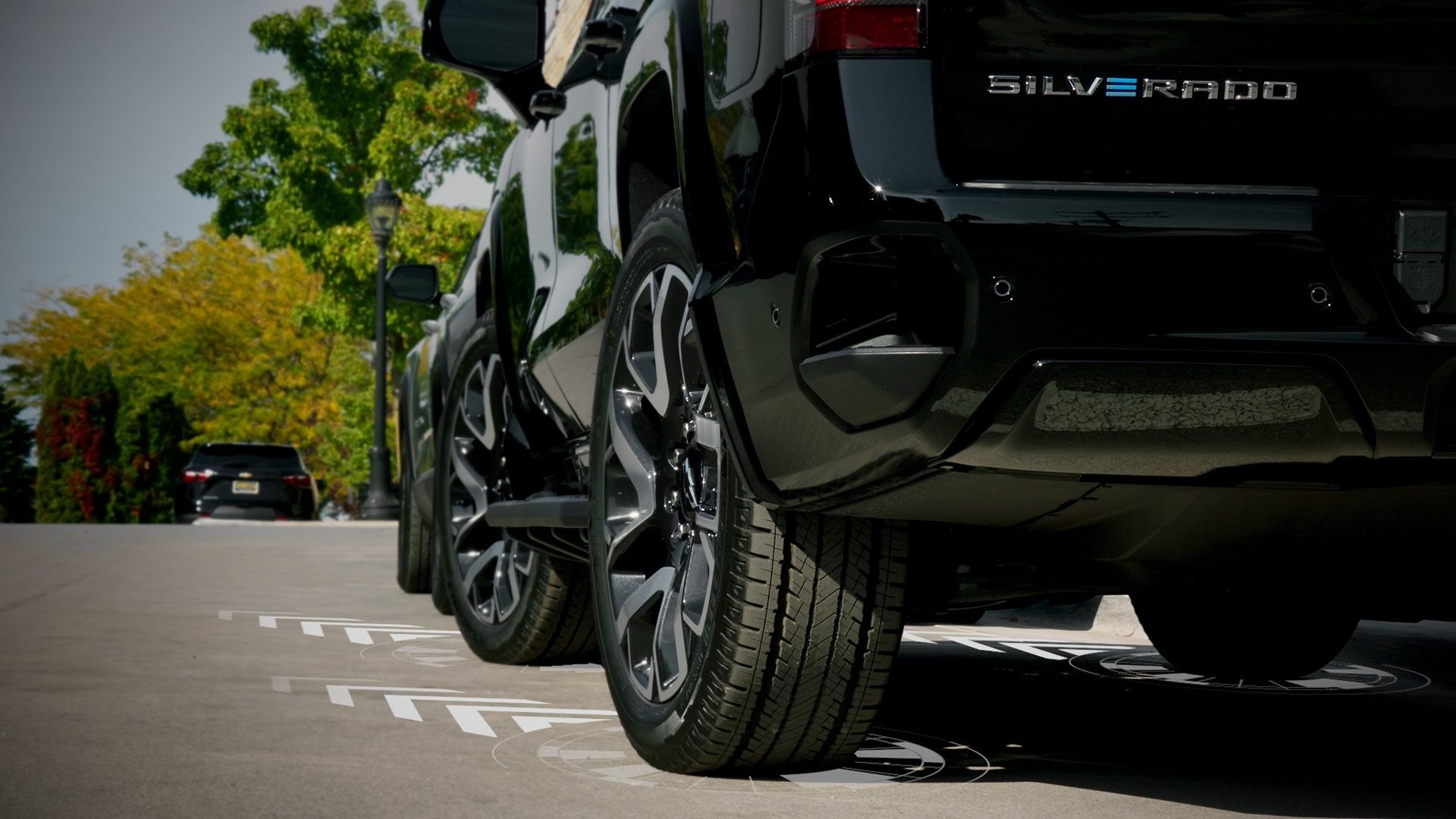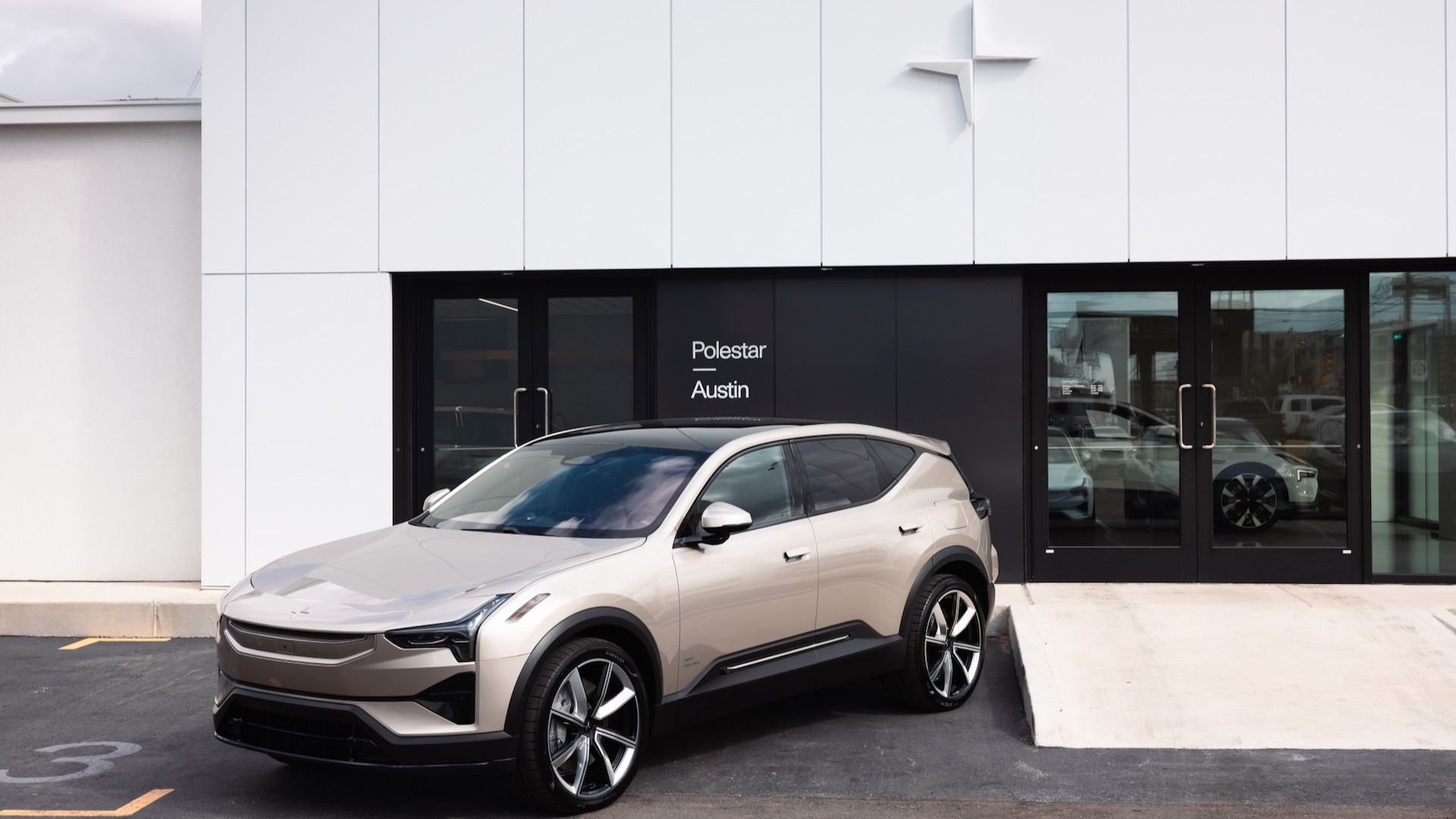The U.S. government finally issued its long-debated rules for noise-making devices in so-called "quiet cars."
They require all new hybrid and plug-in electric cars to emit noises that alert pedestrians to their presence.
Because these cars operate near-silently on electric power, regulators have expressed concerns that they constitute a greater safety risk to pedestrians than noisier internal-combustion cars.
DON'T MISS: 'Quiet Car' Rules To Make Hybrids, Electric Cars Noisy Delayed, Again (Dec 2015)
The National Highway Traffic Safety Administration (NHTSA) was directed by Congress to issue these "quiet car" rules in 2010, but they have been delayed multiple times.
NHTSA believes the new rules will help prevent 2,400 pedestrian injuries a year, once a substantial number of vehicles equipped with noisemakers are on the road.
The agency received praise from the American Council of the Blind and National Federation of the Blind, both of which have lobbied heavily for adoption of the rules.
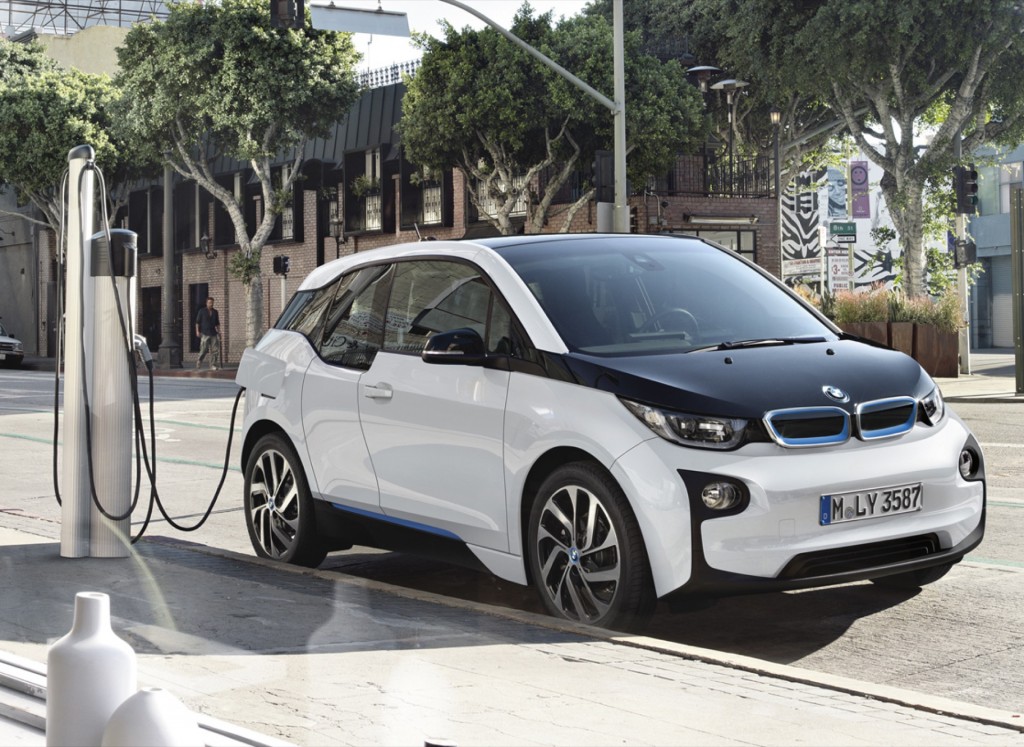
2017 BMW i3
The two groups believe the new mandatory-noise rules will be particularly beneficial to pedestrians who are blind or have significantly-impaired vision.
The rules apply to all new hybrid and electric cars with four wheels and a gross vehicle weight rating (GVWR) of 10,000 pounds of less.
They require those vehicles to make an audible noise when traveling forward or in reverse at speeds up to 19 mph.
ALSO SEE: Pedestrian-Alert Noises For Electric, Hybrid Cars Delayed By NHTSA, Again (Feb 2015)
At higher speeds, the noisemaker is not required because tire and wind noise provide enough of an audible warning to pedestrians, a NHTSA press release said.
Automakers have until September 1, 2019, to add the devices to their hybrids and electric cars.
Half of new hybrids and electric cars must be in compliance one year before the final deadline, NHTSA said.
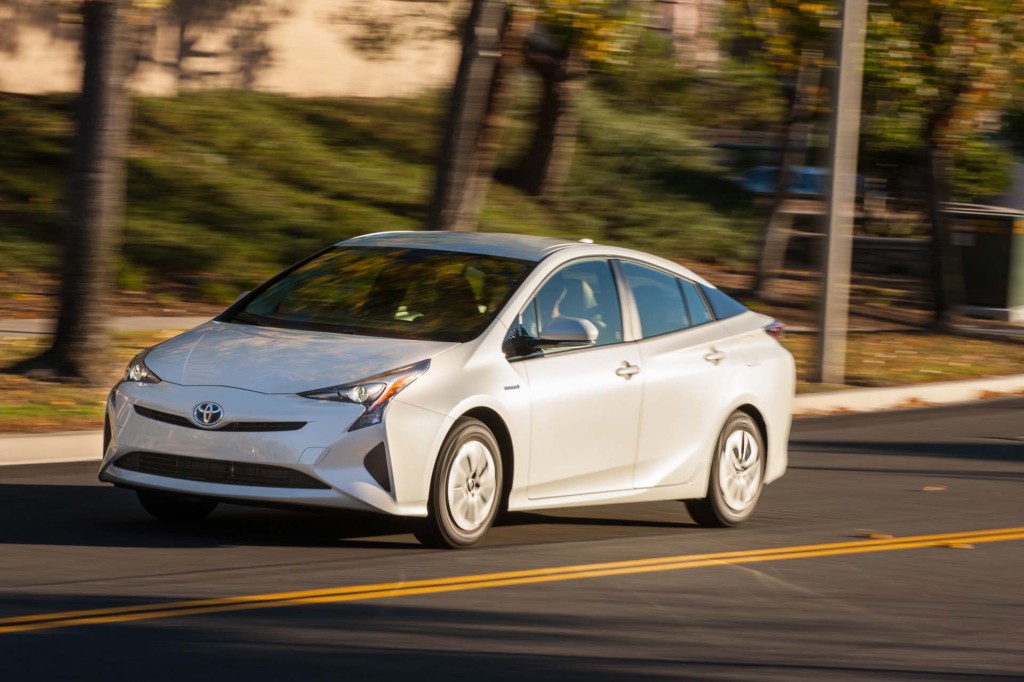
2017 Toyota Prius
The agency was originally supposed to issue these rules by January 31, 2014, and did make an initial proposal in 2013.
Throughout the drawn-out process, some automakers have criticized the noise rules, suggesting they would likely have to apply to very quiet internal-combustion cars as well—although that does not appear to be a part of the latest rules.
But noisemakers have already been added to some production electric cars.
MORE: Do Hybrids Hit Pedestrians More Often? NHTSA Report May Say So (Nov 2009)
The Nissan Leaf features such a device, and Chevrolet has installed its own on the Volt and Spark EV.
The data on pedestrian injuries due to silent cars is extremely thin, but NHTSA has said the odds of a hybrid car being involved in a collision with a pedestrian are 19 percent higher than with an internal-combustion vehicle.
It also said in 2013 that implementation of "quiet car" rules could cost carmakers $23 million in the first year.
_______________________________________________

